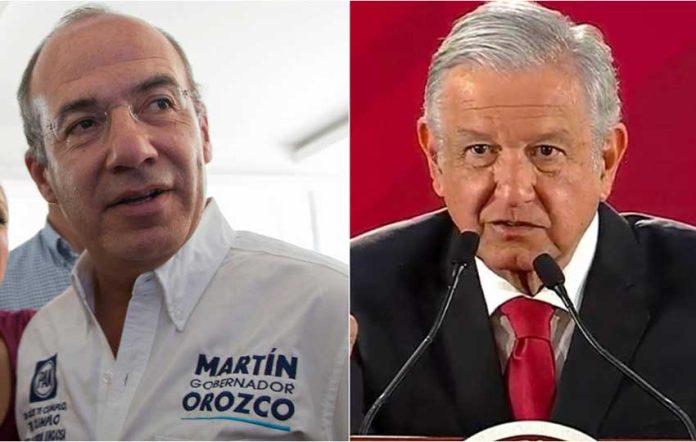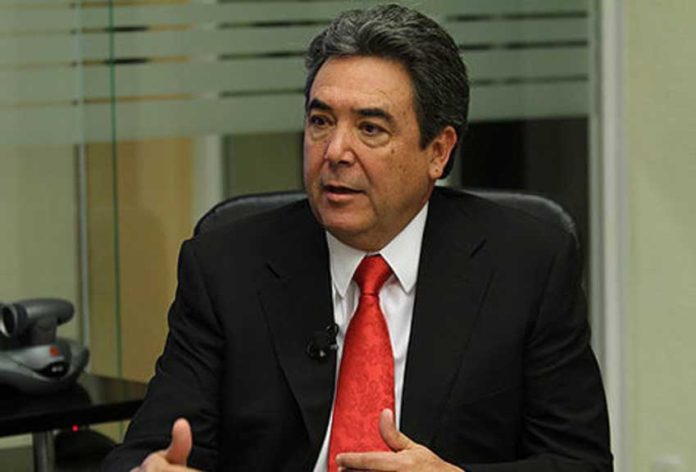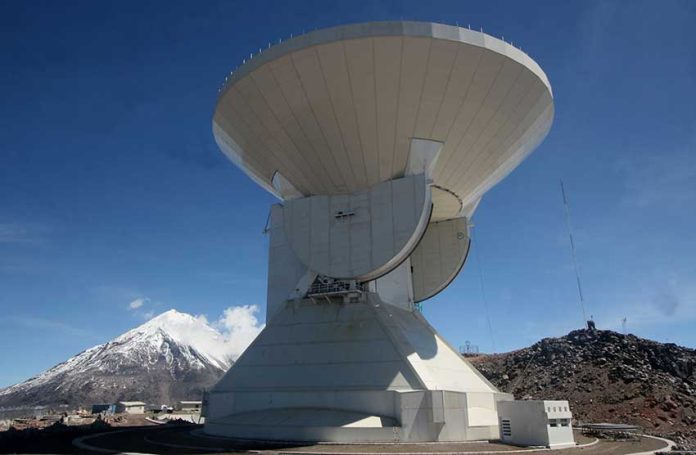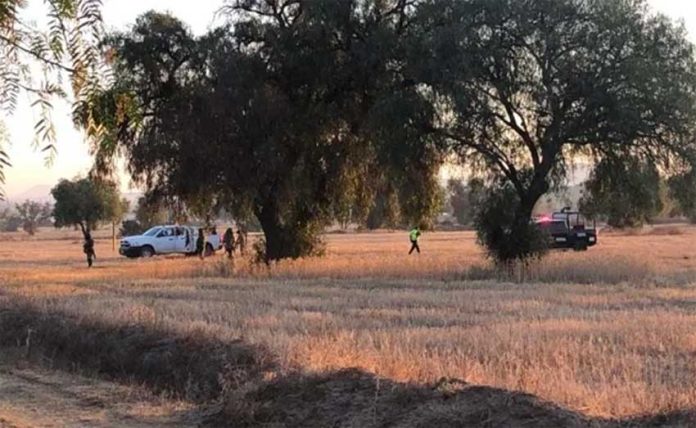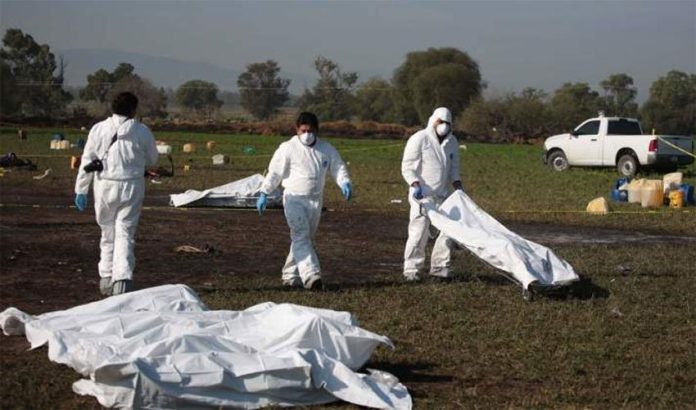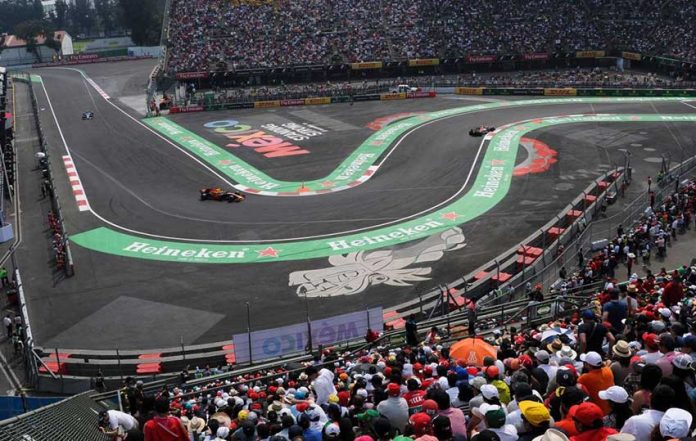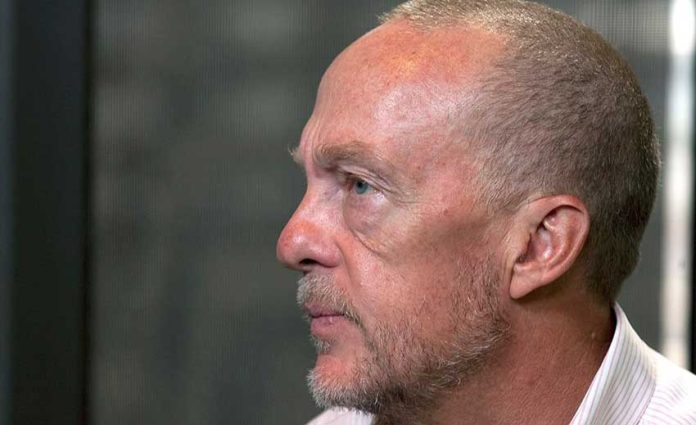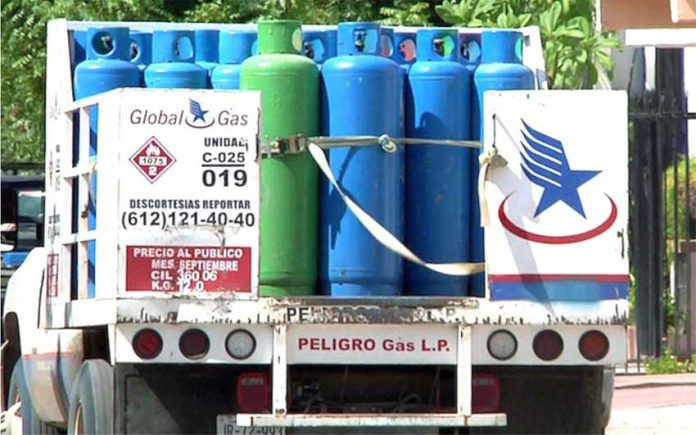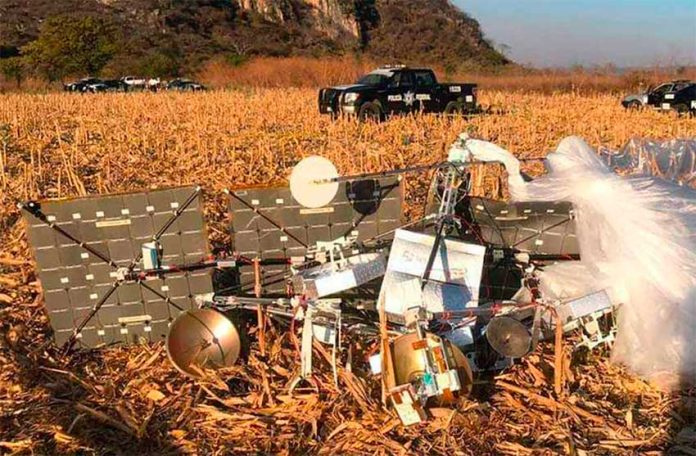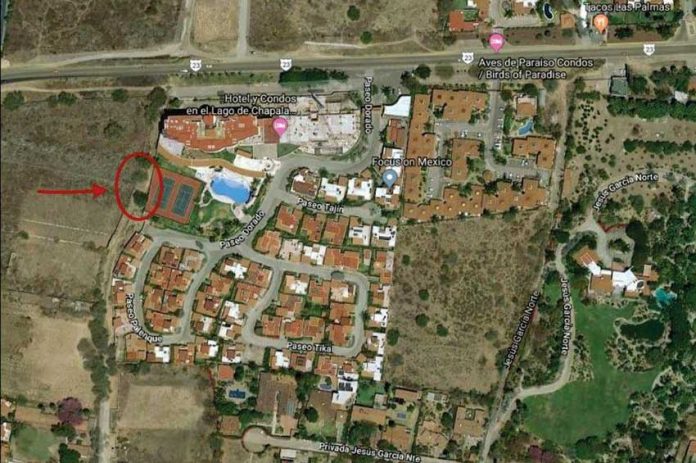President López Obrador and past president Felipe Calderón have engaged in a testy tit-for-tat after the former accused the latter of corruption for the second time in as many months.
At his daily press conference yesterday, López Obrador charged – without mentioning his name – that Calderón had acted corruptly by taking up a position on the board of United States energy company Avangrid in 2016, four years after his six-year term concluded.
During Calderón’s administration, the company was awarded contracts to supply energy to the Federal Electricity Commission (CFE).
“A company that sells energy to CFE hired an ex-president as a member of their board of directors. And it wasn’t just the ex-president, those who were in the Secretariat of Energy went to companies to which they had awarded contracts. What do you call that? Coyotaje [crookedness/cronyism], corruption?” López Obrador said.
Later yesterday, Calderón rejected the president’s claim of improper conduct, pointing out that the Federal Law of the Responsibilities of Public Servants stipulates that past officials must abstain from taking up such a position for a period of only one year after they leave their post.
“I’ve never committed an act of corruption with any company. If the president has proof, he should show it and if he doesn’t he’s better off keeping quiet,” he said.
The former president also challenged López Obrador to a public debate.
“I would invite the president of the republic, I would ask that he allows me to speak to him personally and that we discuss these issues . . . in the National Palace or that we have a public debate on television or at one of his morning press conferences . . . to talk about personal wealth and sources of income, both his and mine,” Calderón added.
“. . . I live from my work because I was born and brought up to make a living from honest work and if I work for a company, it’s because I need to work and I do it without breaking the law.”
It’s not the first time that Calderón has rebuked López Obrador after being accused of unethical or criminal conduct.
After the president claimed last month that not just he but also former presidents Vicente Fox and Enrique Peña Nieto were complicit with or knew about fuel theft from the state oil company during their respective administrations, Calderón hit back.
“With complete respect, I don’t accept his slandering of me because as the president says himself ‘it’s better to bequeath honor and poverty than dishonor’ and what I have for my children is a good name and it’s a name [of someone] who governed our beloved Mexico with honesty – making mistakes, of course, but I never stole a centavo and I was never an accomplice to the theft of a single drop of fuel,” he said in a January 15 television interview.
“It’s serious and it’s false. It’s truly slanderous. President López Obrador doesn’t have any evidence at all to make such a reckless accusation, which made by any person is serious, but made from [the pinnacle of] power is extremely serious and abusive,” Calderón charged.
Responding to the former National Action Party (PAN) president’s latest comments, López Obrador today rejected the offer of a debate and even offered an apology to Calderón before asserting again that he had “crossed the line” by accepting employment with a company that had links to his government.
“I’m not going to debate with the ex-president. The only thing I said was former presidents because [Ernesto] Zedillo did it as well . . . I have to raise it because I always say what I think. I’m president and I must be careful with the power invested in me but I don’t think that I should shut up like a mummy,” he said.
On Calderón’s board appointment and Zedillo’s consultancy work with a company that benefited from the privatization of Mexico’s railways, López Obrador declared: “You can’t do that, it’s not a legal matter [but] it should be a legal matter. If it’s not illegal, it’s immoral.”
He added: “These things shouldn’t continue to happen and we shouldn’t keep quiet because cleaning up corruption isn’t just going after those who commit crimes or acts of corruption, it’s also [a matter of] public questioning.”
The leftist president, who has made combating corruption a central crusade of his administration, said that powerful politicians who committed corruption in the past didn’t even lose any respectability or status, declaring that “they devoted themselves to looting but continued being Mr. so-and-so.”
“The thieves were those who stole a cylinder of gas and those above, the white-collar criminals, [were] gentlemen to whom you had to pay homage,” López Obrador said.
Source: Milenio (sp), El Universal (sp), Nación 321 (sp)
